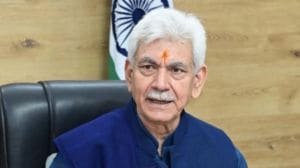Cap on immigration to US may see surge in outsourcing: Rand
The cap on skilled immigrants moving to the US could force domestic companies to outsource research and development works.

The cap on skilled immigrants moving to the United States could force domestic companies to outsource research and development works to foreign countries, leading to a cut in employment and investment at home, a top American think tank has warned.
“The inflow of foreign students, scientists and engineers has been a key factor that has enabled the US science and engineering workforce to grow faster than the US is graduating native-born scientists and engineers,” according to a report by the Rand Corporation.
The report has underlined that the recent reduction in skilled immigrant visas (H1-B) has the potential to reduce the inflow of foreign science and engineering workers; and curtailing the supply of these scientists and engineers can lead US firms to outsource more research and development works to foreign countries and locate new facilities overseas.
“Rather than protecting jobs, this could lead to reduced investment and employment at home,” the Rand report issued by Eurekalert, the science news service sponsored by the American Association for the Advancement of Science, said.
Researchers found that foreign-born scientists and engineers are paid the same as native born, suggesting their quality is on par.
The report shows that in recent years, about 70 percent of the foreign scientists and engineers who receive doctorate from US universities choose to remain here, but the stay rate could fall as research conditions and salaries improve abroad.
A positive point brought out by the report was that despite perceptions that United States is losing its competitive edge, the nation remains the dominant leader in science and technology worldwide.





- 01
- 02
- 03
- 04
- 05


























